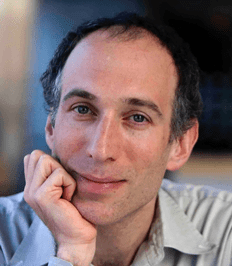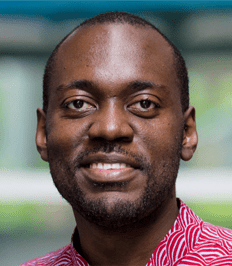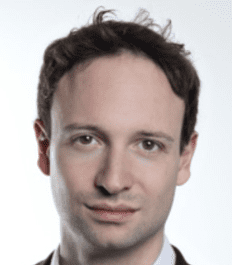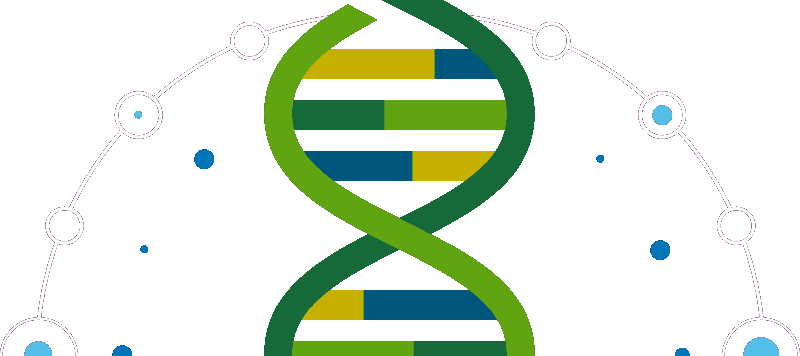Featured Events
This special session organized by the ASHG President addresses a topic the President finds particularly relevant, pressing, or novel in the human genetics and genomics research community.
Unraveling the Genetic Foundations of Human Disease: Insights from the Past, Present, and Future
A fundamental goal of human population genetics is to understand the evolutionary forces impacting the origins and global distribution of disease. Novel technologies and sophisticated methods provide unprecedented insights into how our evolutionary history continues to influence human disease. When modern humans first migrated out of Africa, they encountered and interacted with archaic human populations such as Neanderthals and Denisovans. Genomic studies of modern humans reveal that some segments of DNA inherited from Neanderthals and Denisovans are associated with an altered risk for common diseases. Moreover, the establishment of large global genomic databases containing detailed electronic health records allows us to identify the genetic factors influencing complex traits across globally diverse populations. Looking to the future, climate change is predicted to dramatically impact all aspects of human life. Research on how genetic differences interact with our changing environment helps pave the way for improved disease diagnosis and treatment in the future.
Moderator

Sarah Tishkoff, PhD
David and Lyn Silfen University Professor in Genetics and Biology at the University of Pennsylvania
Speakers

Research Group Leader, Max Planck Institute for Evolutionary Anthropology

Professor, Harvard University

Professor of Statistical Genomics, The University of Queensland

Professor of Human Genetics, University of Chicago
For more information on our session participants, read their biographies and their speaker talks.
This special session, organized by the Program Committee, closes the Annual Meeting by featuring leaders in the human genetics and genomics community in a series of exciting talks related to the future of human genetics followed by Q&A.
AI-Powered Genomics: Transforming Data into Insights
Artificial intelligence (AI) is revolutionizing the field of genomics, unlocking breakthroughs in both research and healthcare that were once unimaginable. By accelerating the analysis of large genomic datasets, AI uncovers critical patterns that illuminate gene networks, highlight risks for common diseases, and help pinpoint the causes of rare conditions. AI also plays a key role in advancing precision medicine by developing novel treatments, customizing therapies to individual genetic profiles, and predicting patient responses to therapies, all of which enhance diagnostic accuracy and treatment outcomes.
However, the growing integration of AI in genomics raises important ethical considerations, including concerns about data privacy, informed consent, and the potential for biased algorithms to perpetuate existing inequalities. As AI continues to shape genomics, it is essential to balance innovation with ethical responsibility to ensure equitable access and outcomes for all patients.
This session aims to stimulate thoughtful discussion on the transformative potential of AI in genomics while addressing its challenges and ethical implications. Attendees will leave with actionable insights on how to navigate the evolving landscape of AI in genomics research and healthcare and how they can contribute to shaping its future in a responsible and inclusive way.
Moderators

Vice Dean of Artificial Intelligence and Computing, University of Pennsylvania

University of North Carolina at Chapel Hill
Speakers

Head of Genentech Research and Early Development

Director, Hugh Kaul Precision Medicine Institute, University of Alabama at Birmingham

Director, Princeton Precision Health, Professor at Princeton University, and Deputy Director for Genomics at the Flatiron Institute of the Simons Foundation

Senior Researcher, Ada Lovelace Institute
For more information on our session participants, read their biographies.


